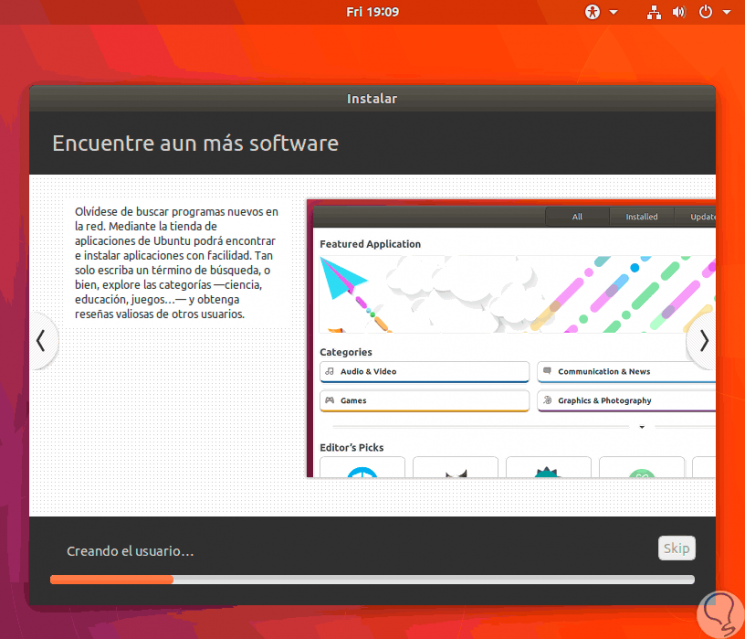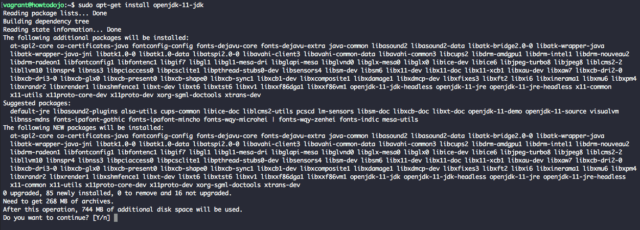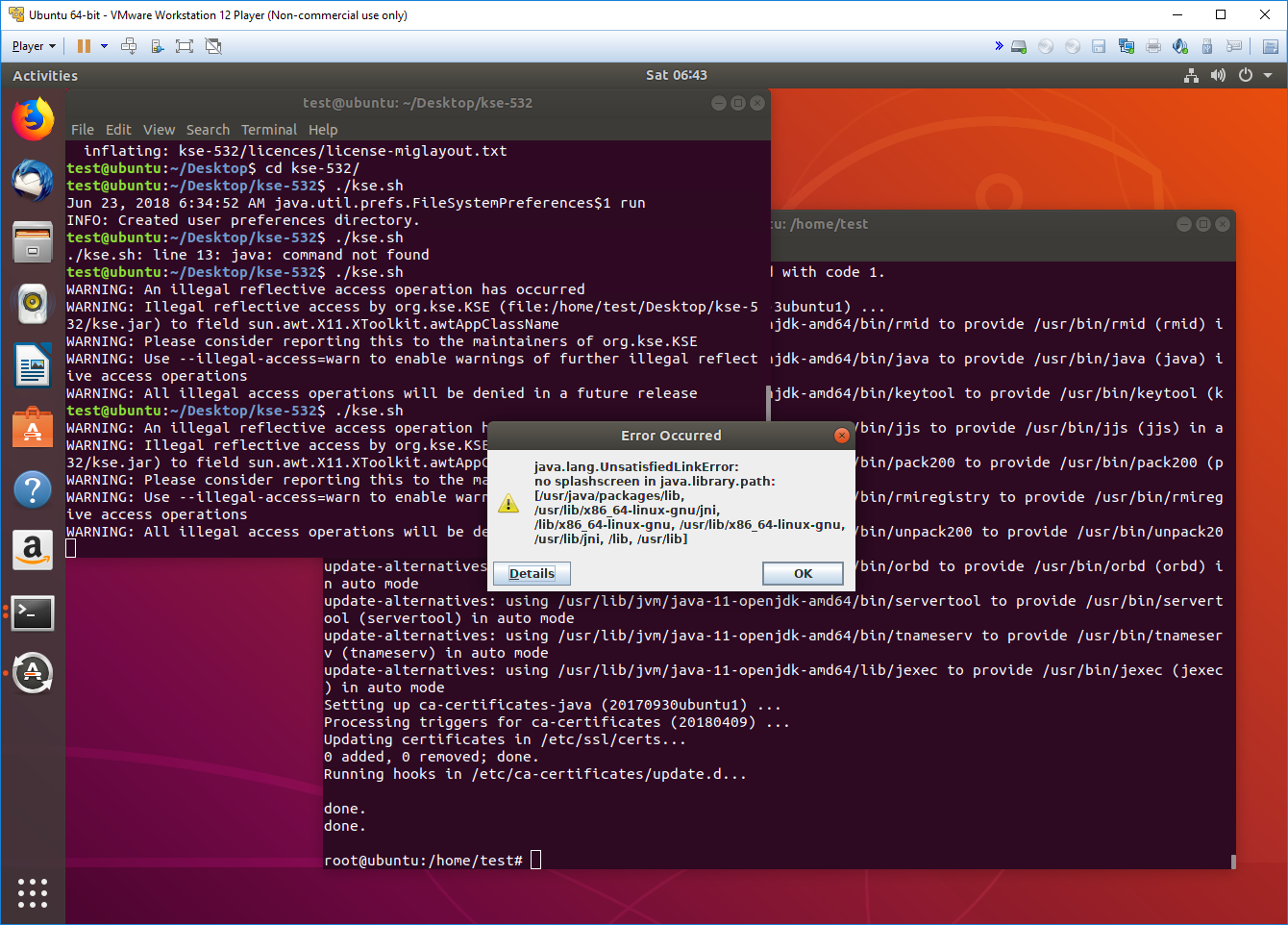

These are the basic steps required to install the most recent version of OpenJDK on Ubuntu 20.04 LTS. We can always check the active JDK as shown below. We might need to configure active Java if it is previously installed on the system. The output of these commands is shown in Fig 3.
UBUNTU 18 INSTALL OPENJDK 11 MANUAL
Update-alternatives: using /usr/java/openjdk/jdk-18.0.1.1/bin/javac to provide /usr/bin/javac (javac) in manual mode There are 2 choices for the alternative javac (providing /usr/bin/javac).

Update-alternatives: using /usr/java/openjdk/jdk-18.0.1.1/bin/java to provide /usr/bin/java (java) in manual mode Press to keep the current choice, or type selection number: 1 There are 2 choices for the alternative java (providing /usr/bin/java). In case JDK is already installed on your system, use the below mentioned commands to install JDK 18 with existing JDKs. OpenJDK 64-Bit Server VM (build 18.0.1.1+2-6, mixed mode, sharing) OpenJDK Runtime Environment (build 18.0.1.1+2-6) Sudo update-alternatives -install "/usr/bin/javac" "javac" "/usr/java/openjdk/jdk-18.0.1.1/bin/javac" 1 Sudo update-alternatives -install "/usr/bin/java" "java" "/usr/java/openjdk/jdk-18.0.1.1/bin/java" 1 If JDK is not installed on your system, use the below mentioned commands to configure the java commands. Sudo apt install openjdk-13-jre-headless # version 13.0.7+5-0ubuntu1~20.04 Sudo apt install openjdk-8-jre-headless # version 8u312-b07-0ubuntu1~20.04 Sudo apt install default-jre # version 2:1.11-72 In case JDK is not installed on your system, the messages should be similar as shown below.Ĭommand 'java' not found, but can be installed with: It shows that Oracle JDK 18 was installed on my system. Java HotSpot(TM) 64-Bit Server VM (build 18.0.1.1+2-6, mixed mode, sharing) Java(TM) SE Runtime Environment (build 18.0.1.1+2-6) In case JDK is already installed on the system, it should show existing JDK as shown below. We can check the installed Java before and after executing these commands as shown below: We can configure the Java commands to use the newly installed JDK by default.

The nano editor should be similar to Fig. Now press Ctrl + O and press Enter to write our change. Scroll down by pressing Page Down Button and add at the end of this file: In this step, we will configure the environment variable to use the JDK installed by us. The above steps will install JDK to the path /usr/java/ openjdk/jdk-18.0.1.1. Now copy the downloaded file to this location and extract it as shown below: We can install multiple versions of Java in this directory. Image is Ubuntu 18.04, to be specific ubuntu/images/hvm-ssd/ubuntu-bionic-18.Open the terminal and make the directory /usr/java/openjdk to keep all the java installations at the same place. I've fund quite a few results searching but they all reference the now obsolete methods for using the Oracle builds etc, but I cant find anything specific to this issue
UBUNTU 18 INSTALL OPENJDK 11 UPDATE
Perfect - that worked, so now to put this into my ansible playbook, looks something like this: - name: Update all Ubuntu packagesīut when ansible runs, it errors out with: amazon-ebs: TASK *******************************Īmazon-ebs: fatal: : FAILED! => Īmazon-ebs: to retry, use: -limit yes, the fresh image I launched to test is exactly the same AMI image ID/Build that ansible is also launching So here's my scenario - I launched a fresh ubuntu image from AWS and the first thing I did apt-get update So I am trying to setup an Ubuntu host using ansible and one of my requirements is to use java8Īfter researching a lot of discovering the various deprecation posts about the oracle PPA etc, I settled on installing openjdk-8-jdk


 0 kommentar(er)
0 kommentar(er)
